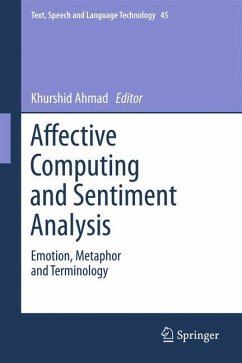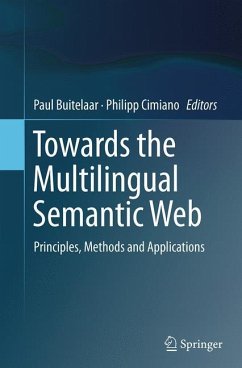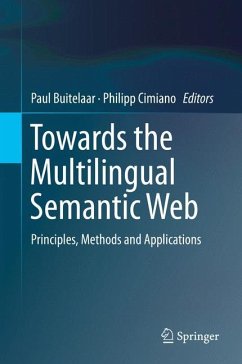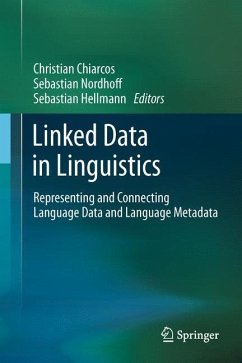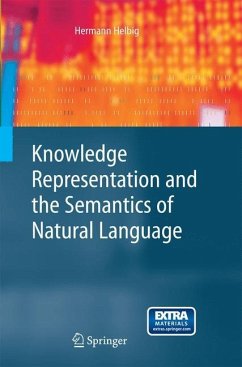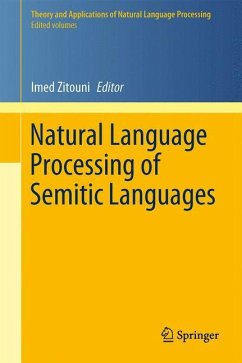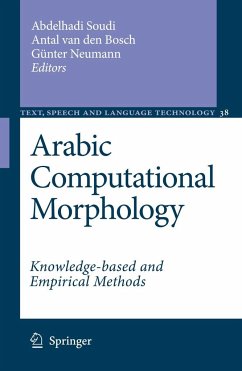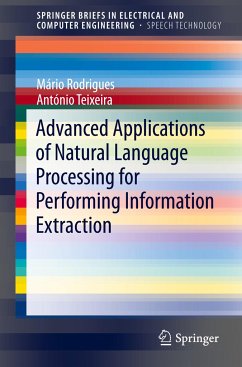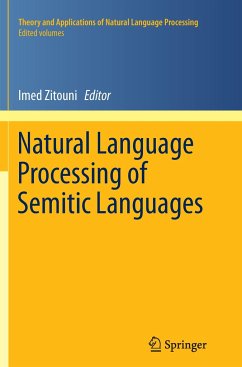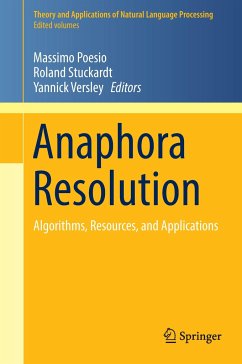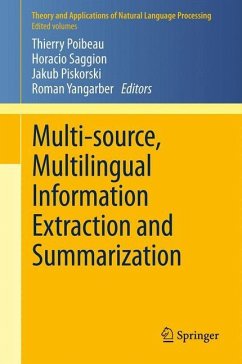
Multi-source, Multilingual Information Extraction and Summarization
Versandkostenfrei!
Versandfertig in 6-10 Tagen
38,99 €
inkl. MwSt.

PAYBACK Punkte
19 °P sammeln!
Information extraction (IE) and text summarization (TS) are powerful technologies for finding relevant pieces of information in text and presenting them to the user in condensed form. The ongoing information explosion makes IE and TS critical for successful functioning within the information society.These technologies face particular challenges due to the inherent multi-source nature of the information explosion. The technologies must now handle not isolated texts or individual narratives, but rather large-scale repositories and streams---in general, in multiple languages---containing a multip...
Information extraction (IE) and text summarization (TS) are powerful technologies for finding relevant pieces of information in text and presenting them to the user in condensed form. The ongoing information explosion makes IE and TS critical for successful functioning within the information society.
These technologies face particular challenges due to the inherent multi-source nature of the information explosion. The technologies must now handle not isolated texts or individual narratives, but rather large-scale repositories and streams---in general, in multiple languages---containing a multiplicity of perspectives, opinions, or commentaries on particular topics, entities or events. There is thus a need to adapt existing techniques and develop new ones to deal with these challenges.
This volume contains a selection of papers that present a variety of methodologies for content identification and extraction, as well as for content fusion and regeneration. The chapters cover various aspects of the challenges, depending on the nature of the information sought---names vs. events,--- and the nature of the sources---news streams vs. image captions vs. scientific research papers, etc. This volume aims to offer a broad and representative sample of studies from this very active research field.
These technologies face particular challenges due to the inherent multi-source nature of the information explosion. The technologies must now handle not isolated texts or individual narratives, but rather large-scale repositories and streams---in general, in multiple languages---containing a multiplicity of perspectives, opinions, or commentaries on particular topics, entities or events. There is thus a need to adapt existing techniques and develop new ones to deal with these challenges.
This volume contains a selection of papers that present a variety of methodologies for content identification and extraction, as well as for content fusion and regeneration. The chapters cover various aspects of the challenges, depending on the nature of the information sought---names vs. events,--- and the nature of the sources---news streams vs. image captions vs. scientific research papers, etc. This volume aims to offer a broad and representative sample of studies from this very active research field.



